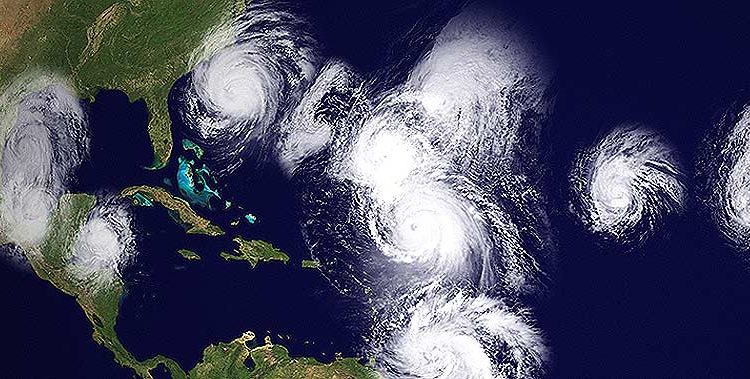Living in an area where hurricanes occur can make a person take it for granted . That is, until something tragic happens and property is damaged and human lives are lost or suffer from injuries. One way to prevent a tragedy from a natural calamity is by assessing your risk factors.
From June to November is the hurricane season so there is still quite a way to go before it ends.
Who are Most At Risk?
There are several ways to look at this: those living along the coast, the elderly and sick, those living in low-lying areas, and those who live in remote, rural areas. All these people are at greater risk than those who live in the major cities mainly because of 3 reasons:
- They and their homes are often in the direct path of a hurricane with very little protection
- They do not have easy and quick access to first responders
An Evacuation Plan
Everyone should have an evacuation plan or plan of action that every household member is aware of. This should include food and water supply, a safe shelter, cash, batteries, flashlights, blankets, clothing, form of communication, and the like. Your plan should also provide for a common meeting place for those who go out of the house regularly (school, work). If you have pets, they should also be included in the plan and if possible, you should make time to put them in a proper animal shelter for the duration of the storm.
Very critical in an evacuation plan is making sure you have sufficient cover against wind and water, especially storm surges even if you don’t live along the coast. Storm surges can go inland and affect homes that are miles from the coast. For instance, a 27-foot storm surge can reach an elevation of 19 feet and all that water has nowhere to go but inland.
Protect your Home
There are several ways to protect your home:
- Install hurricane screens
- Conduct annual inspection of your weatherproofing and wood structures.
Check for rot or signs that the structure is no longer 100% stable. - Secure roof. Also lock down outdoor furniture or move them indoors
- Shut down unnecessary utilities
Finally, find ways to have your home evaluated. This can be done by a local contractor, representative of a relevant local government agency, or the professional who installs your hurricane screens. You can also refer to the National Hurricane Center for updates and new information about hurricanes.




